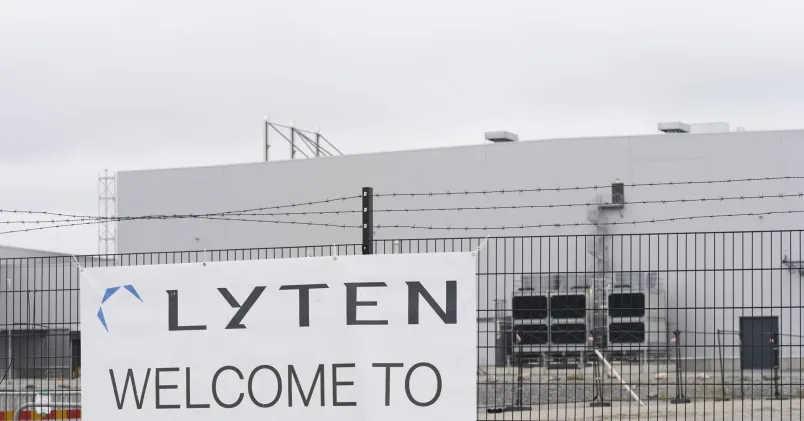
År 2000 var det bara något fler än hälften av männen i åldern 60 till 64 år som var kvar i arbetslivet. 2015 gällde samma sak tre av fyra män i åldersgruppen. Det här är det tydligaste exemplet på utvecklingen, men tendensen är likartad även för kvinnor och andra åldersgrupper bland de äldre.
Nu har Institutet för arbetsmarknads- och utbildningspolitisk utvärdering tittat på möjliga orsaker till utvecklingen.
Det visar sig att det ökade arbetskraftsdeltagandet bland de äldre sammanfaller med en förbättrad folkhälsa, och tydligast var förändringen bland männen i åldersgruppen 60 till 64 år.
Läs mer: Här är de flesta över 65
Att de med längre utbildning har ett högre deltagande i arbetskraften är välbekant. De har oftare starkare ekonomiska incitament och bättre arbetsförhållande än lågutbildade. Även här syns en tydlig utveckling mot att en allt större andel har gått treårigt gymnasium eller högskola.
Ytterligare en faktor som kan ha haft betydelse är de striktare regler som undan för undan införts för sjukersättningen, det som tidigare kallades förtidspension. Forskarna konstaterar att den markanta nedgången i nya sjukersättningar tyder på att reformerna minskade inträdet till sjukersättningen.
Läs mer: Svårare att få sjukpenning och sjukersättning
Andra faktorer som kan ha spelat in för att få äldre att jobba längre är jobbskatteavdraget för äldre som, enligt forskarna, ”förefaller ha haft ett visst inflytande”, och den stora pensionsreformen mot slutet av 1990-talet.
Däremot hittar forskarna inget stöd för att förändringarna är kopplade till förbättringar i arbetsmiljön. Dessa förändringar skedde tidigare, under en tid när arbetskraftsdeltagandet bland de äldre sjönk. Forskarna har även svårt att se en direkt effekt av att rätten till att arbeta till 67 år infördes.










